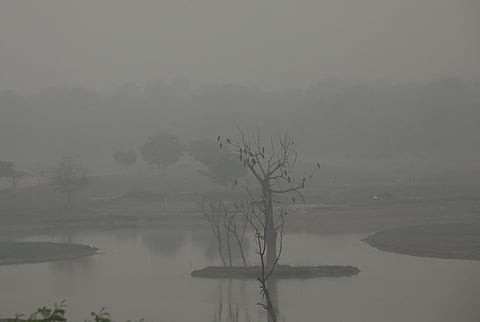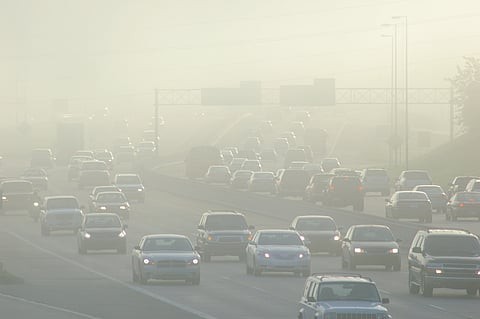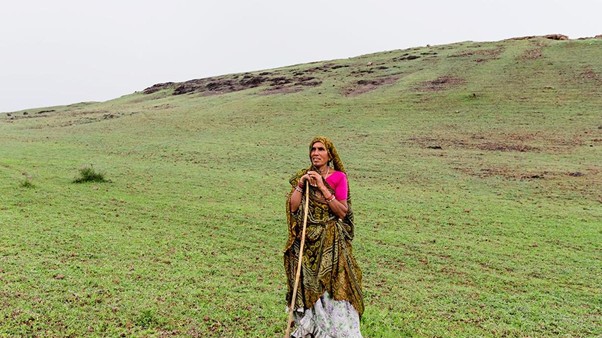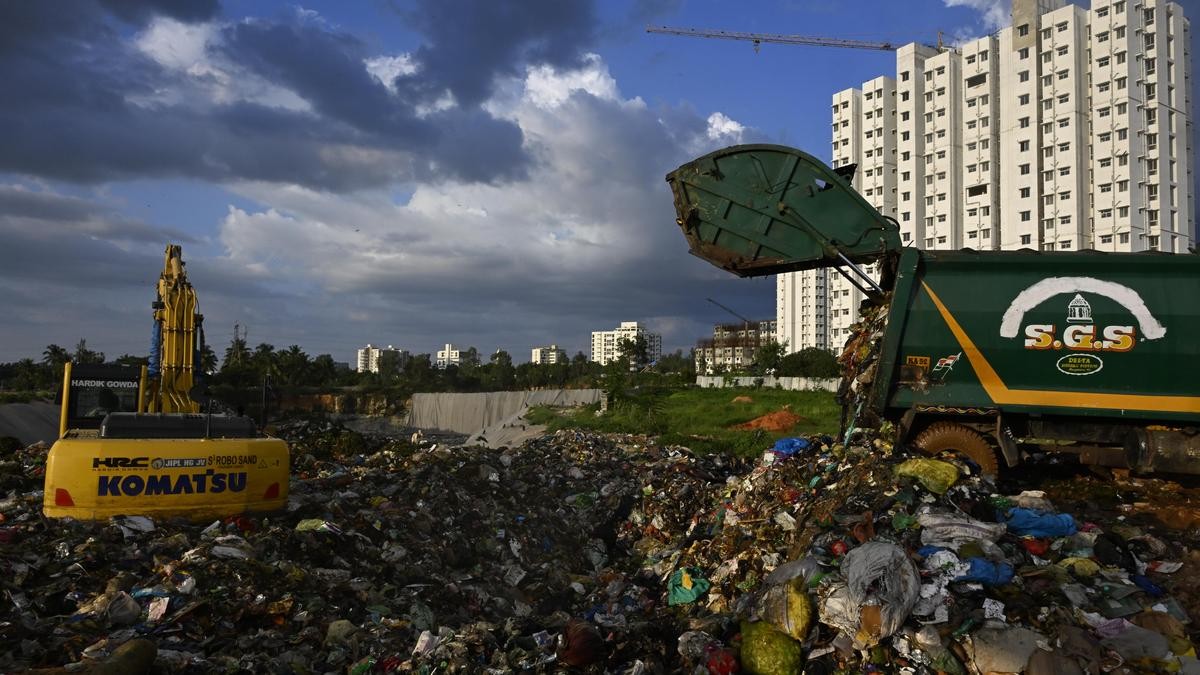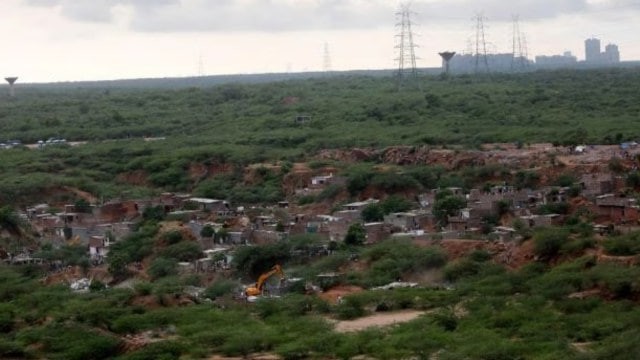Description
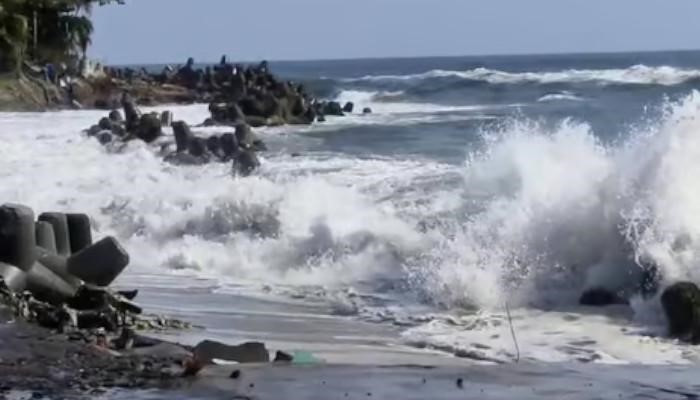
Disclaimer: Copyright infringement not intended.
Context
- Hundreds of houses have been flooded in several coastal areas of Kerala due to high sea waves, also known as swell waves.
- In this context students needs to understand what is swell waves and Kallakkadal for UPSC prelims.
Swell Waves
- A swell is the formation of long wavelength waves on the surface of the seas. These are composed of a series of surface gravity waves.
Formation:
- Ocean swells occur not due to the local winds, but rather due to distant storms like hurricanes, or even long periods of fierce gale winds.
- During such storms, huge energy transfer takes place from the air into the water, leading to the formation of very high waves.
- Such waves can travel thousands of kilometres from the storm centre until they strike shore.
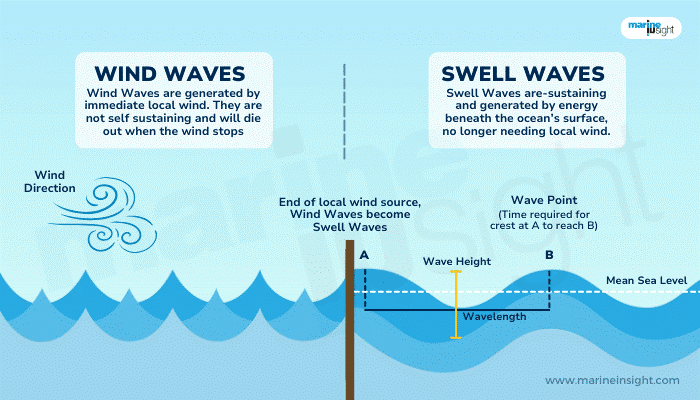
Features
- Swells have a narrower range of frequencies and directions than locally generated wind waves, because swell waves have dispersed from their generation area, have dissipated and therefore lost an amount of randomness, taking on a more defined shape and direction.
- These waves can propagate in directions that differ from the direction of the wind, in contrast to a wind sea.
- Their wavelengths may rarely exceed more than 150 m. Swell wavelength, also, varies from event to event. Occasionally, swells which are longer than 700 m occur as a result of the most severe storms.
- It occurs without precursors or any kind of local wind activity and as a result.
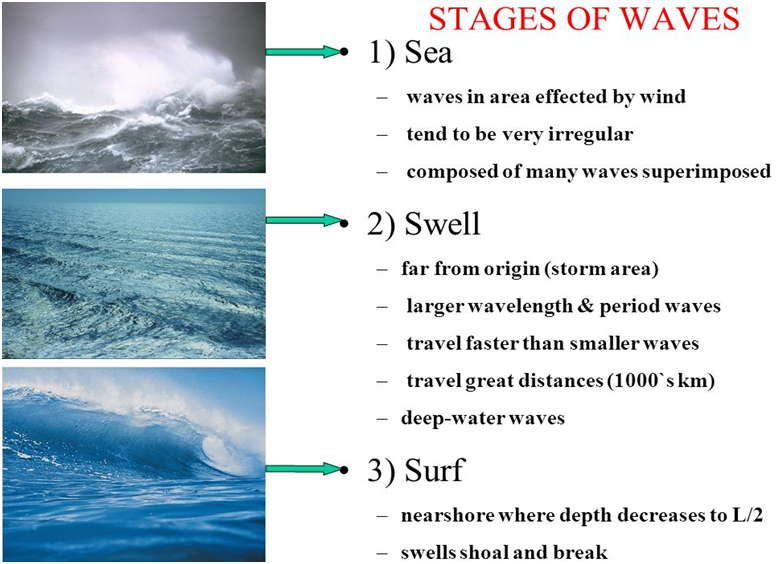
In India early warning systems like the Swell Surge Forecast System launched by the Indian National Centre for Ocean InformationServices (INCOIS) in 2020 — gives forewaring seven days in advance.
What is Kallakkadal?
- Kallakkadal is essentially coastal flooding during the pre-monsoon (April-May) season by swell waves on the southwest coast of India, according to a paper, Teleconnection between the North Indian Ocean high swell events and meteorological conditions over the Southern Indian Ocean, which was published in the journal AGU in 2016.
- The term Kallakkadal, used by local fishermen, is a combination of two Malayalam words, including Kallan and Kadal.
- “Kallan means thief and Kadal means sea.
- In spoken language, these words were combined and pronounced as Kallakkadal, meaning "ocean that arrives as a thief,”.
- In 2012, the term was formally approved by the United Nations Educational, Scientific and Cultural Organization (UNESCO).
|
PRACTICE QUESTION
Which of the following statements is true regarding ocean swells?
1) They are caused by local winds.
2) They have short wavelengths.
3) They form due to distant storms or long periods of fierce gale winds.
4) Swells have a narrower range of frequencies and directions than locally generated wind waves.
How many of the above statements is/are correct?
A)Only One
B)Only Two
C)Only Three
D)All Four
Correct answer: B)
|








